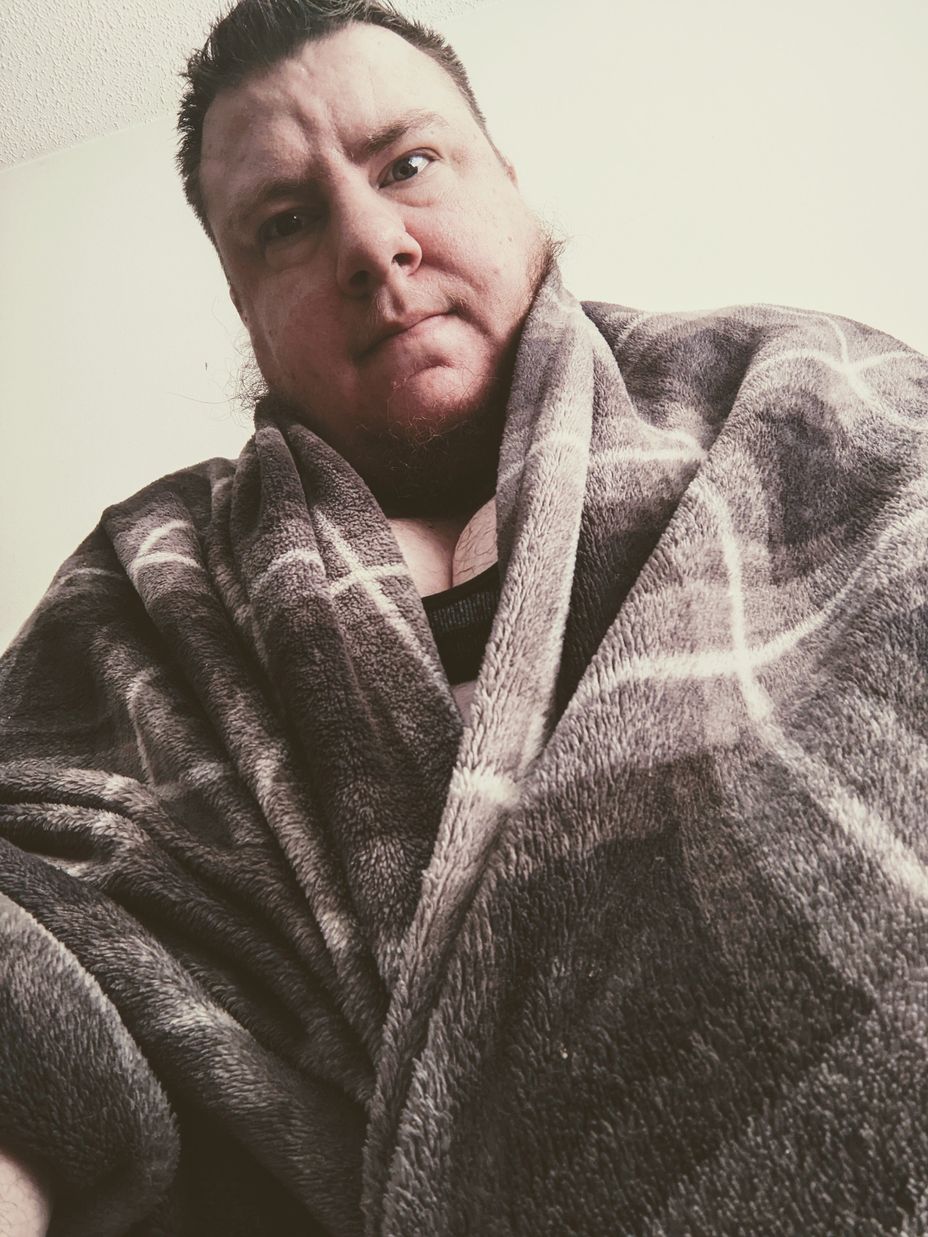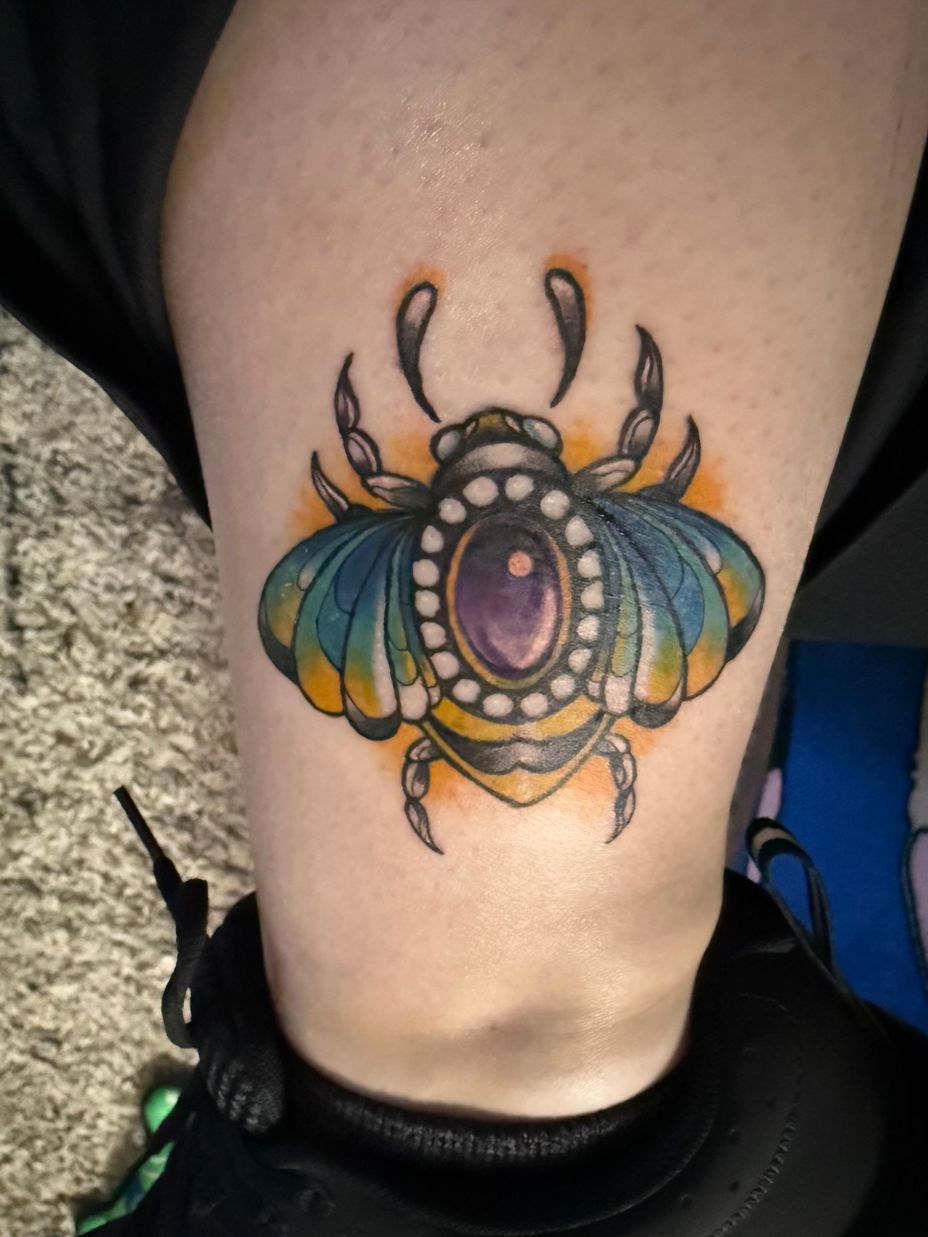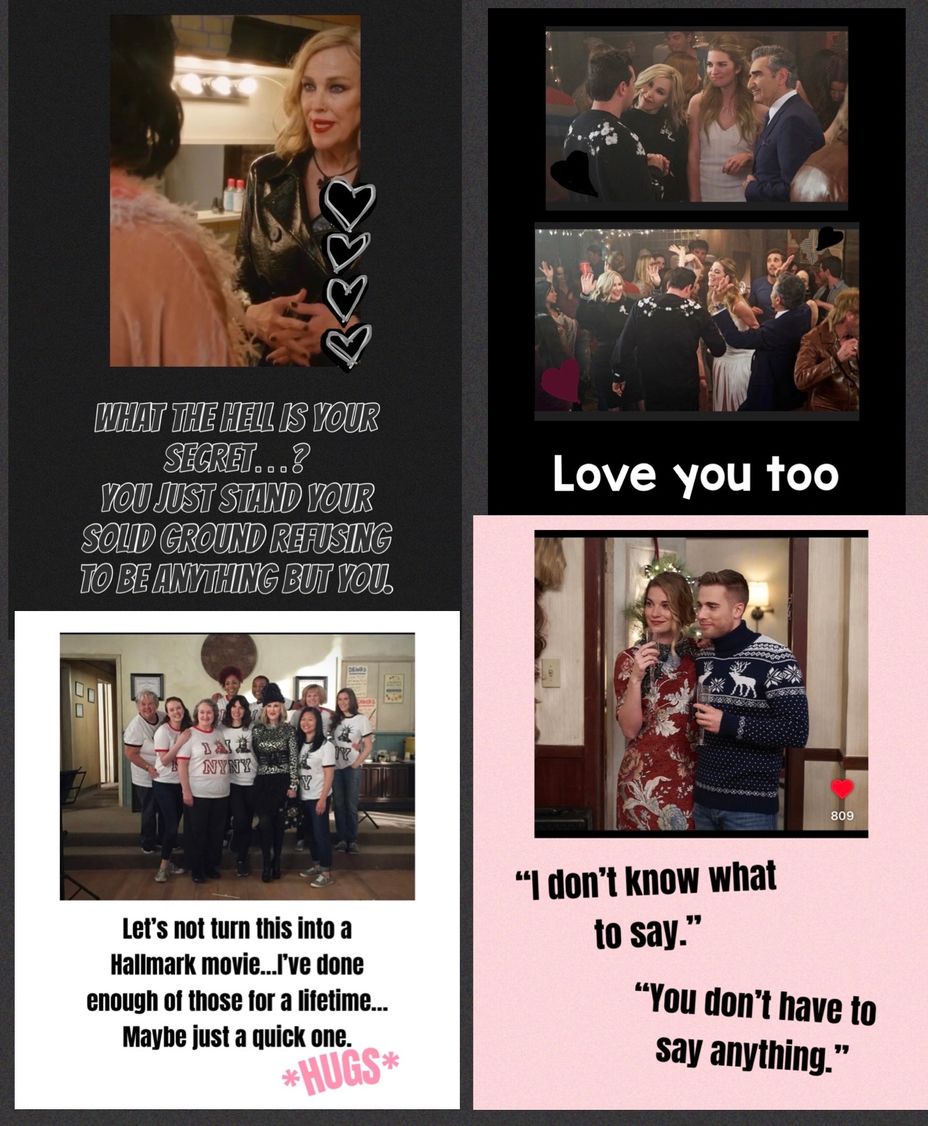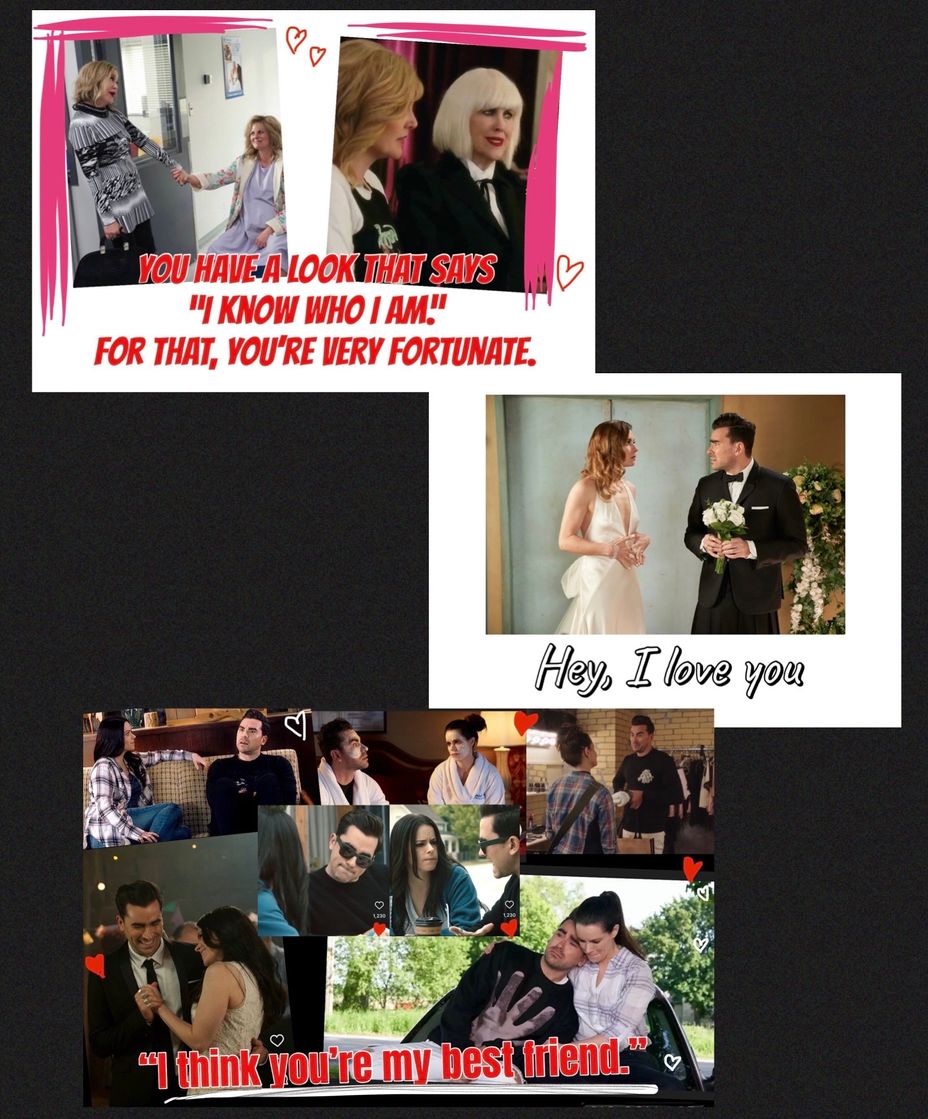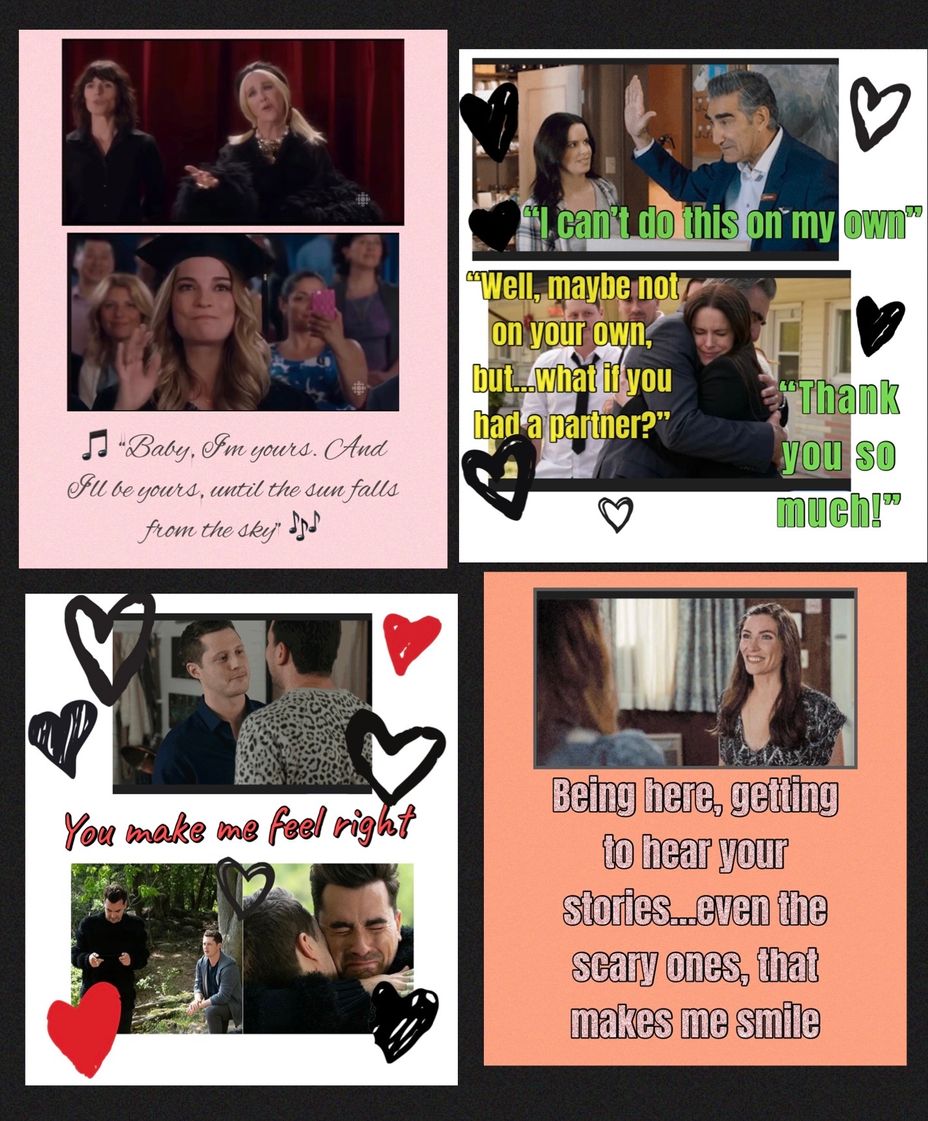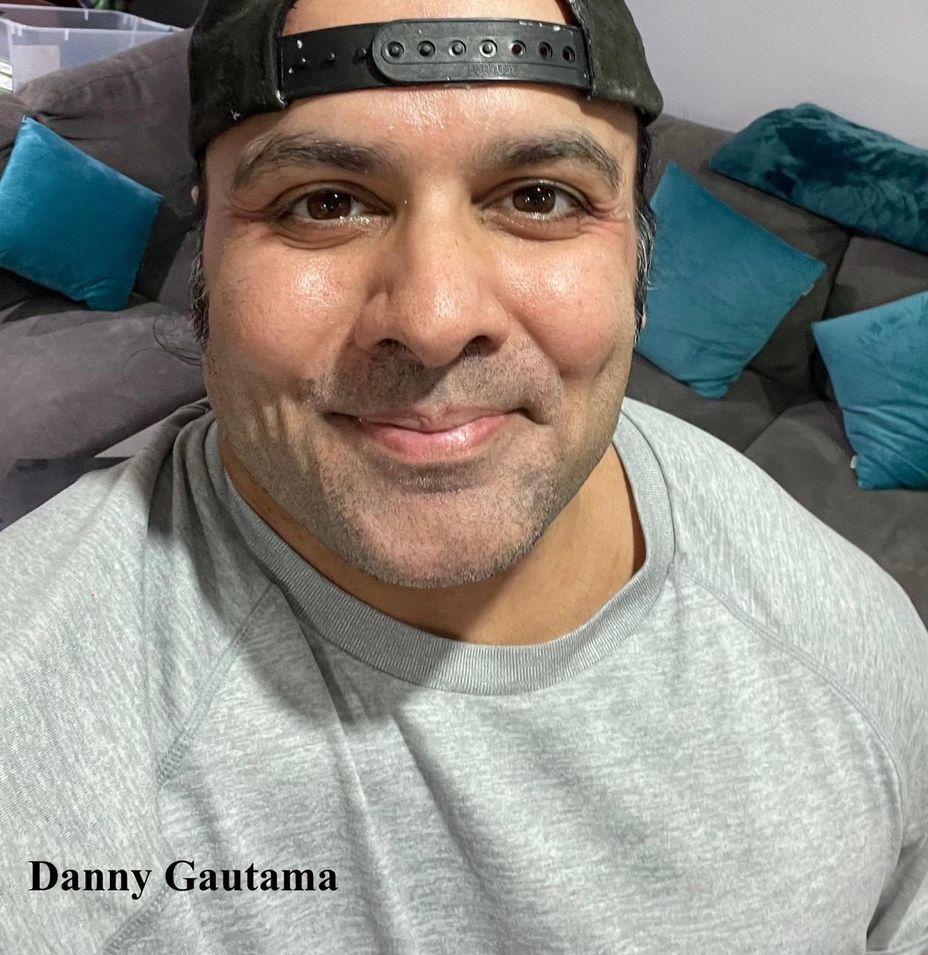Trying to elevate your understanding
So I don't try to hide the fact that I am polyamorous. And I realized many of you know nothing about polyamorous people and just assume it's cheating because*snort* only monogamous people are committed to their relationship.
Ok, I'm done laughing. Let's get down to the basics.
Polyamorous people can and do have any number of partners as they want or need. I currently only have my primary partner Pauley. We've been together for over a year now. I do actually have another pseudo partner... He's my long distance QPP. We've been bestest friends for about 7 years now. He's like a dad or eccentric uncle who likes krampus, furries, leather kink, and he has an odd relationship with jello molds from long ago.
Stick around for the end credits, spoilers!
Now for me it's just the most logical relationship dynamic for me and Pauley. Pauley has alexathymia. It's often found in the auDHD community but it's not everyone. Basically Pauley doesn't understand human emotions. She's emotionally stunted. She cannot read facial expressions or body language. And when I desperately need someone to love me and talk out my emotional baggage she just can't. So either I try to reach out to my platonic friends for support or I seek a secondary emotionally mature partner.
I think the heart to heart conversation I had tonight with her was...necessary but painful. We are still devoted and deeply in love with each other. But we understand there are important things I'm not getting from this relationship. Which isn't to say this relationship is bad. It's not perfect but it's mine. And I'm not perfect. And Pauley isn't perfect. And together we're 2 fucknoodges looking for that little spark that makes the edges of my sweet potato crispy.
Why should we be worried about perfection in this fucked up hellscape called America 2026. Let's all find weird little joys where we can when we are able.
Anywho.
We're life partners and that didn't change. But we both agreed I need someone else to bond with for emotional growth.
What does this mean for our future together?
Well.
If she can recover from her depression enough to bill her clients and we can live on her income without my SSI, we're gonna get legally married.
If that doesn't happen we're gonna have a pagan handfasting ceremony with my QPP giving me away at the altar.
It's gonna be a potluck because what pagan doesn't imbibe in the occasional potluck. At normal intervals pagans are like little fuck head kittens with no order and one climbed the tapestry. But pull out your fancy crockpot and here they come running.
I'm thinking about hosting a reception at the local BDSM venue. We can put all the crockpots in the eaty place and play with the stingy thuddy toys I have come to love and hate. Oh gosh being a sadomasochist is fun. Yeah I know. I'm a heathen and I'm going to hell for being in leige with the devil.
I mean yeah I'm a witch. Duh.
But I'm not interested in demons unless they know their way around my coffee. I might be interested in a student exchange program.
I'm a kitchen witch, I am a tactile healer. I cook joy, happiness, catharsis, release of negative energy, growth and enlightened understanding of the world inside of us all. I am a tarot card reader and have been for over 20 years. Unfortunately due to some past "let's see if noxs head can make dents in the plaster if we hit hard enough" courtesy my adoptive dad, I cannot memorize the cards.
So over the course of about 5 years I researched the different thought schools of tarot interpretation. I took what resonated with me and left the rest for the spirit to help others in the aether.
I need to redo my book in a hard binder.
I like dancing around flaming cauldrons while we chant to raise our vibration to reach the divine, even if it's just to say hi.
So my ceremony will be wonderful regardless of what kind of union I need. Traditional marriage just doesn't do it for me. It's rigid and steeped in rules of the church and my church is the forest. My altar is the dirt from whence arise steady noble redwoods and tiny mushrooms all with the same sunshine. My Deity has a name. She is Brigid. Celtic goddess of healing and poetry. And she loves me and protects me from harm.
I haven't celebrated my holy days in over 10 years. I plan to do little things for Brigid on my holy sabbaths this year. Mostly light candles, recite some of my own poems, and offer the wild animals some freshly made suet cakes and peanut butter pinecones covered in seeds hung from the trees. For blessed he who loves the gentle lowing animals of the world, may the comfort they have shared come upon him and his family threefold.
Blessed be.






